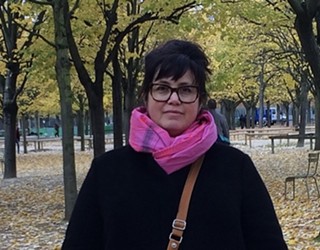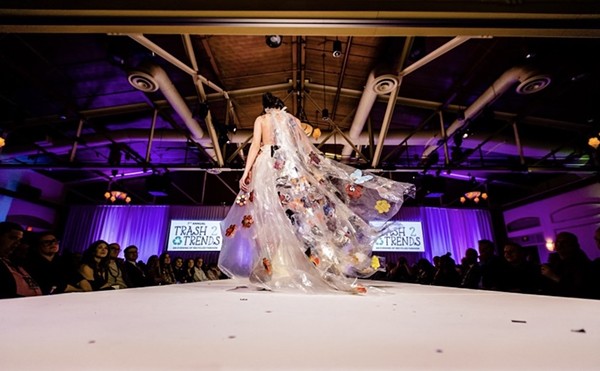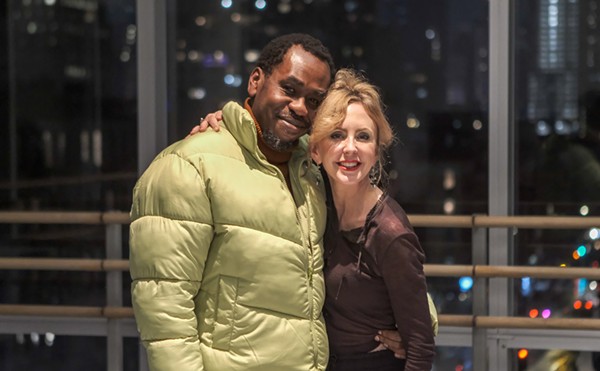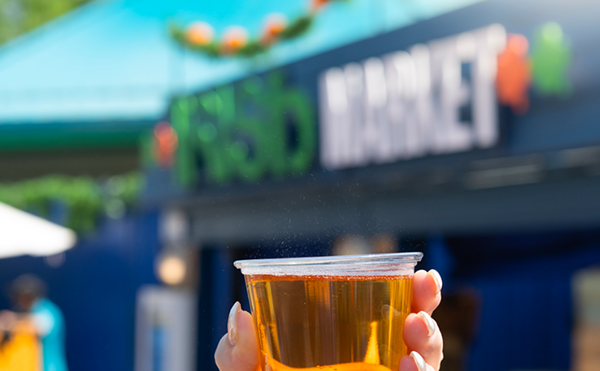"You are what you eat." When Brillat-Savarin coined the first version of this much-used maxim in 1825, he was referring rather strictly to the relationship between diet and health. But what people eat is much more than that – it's a synecdoche of how they live their lives. As shown in this selection of food writing from the past 12 months, food is a keen lens through which to view not just history but psychology, economics, foreign trade, civil rights, journalism, advertising and politics. These five books show what a mistake it is to underestimate food writing.
Most pop-culture images of Appalachia are either cruelly comic (Li'l Abner, Jed Clampett) or cruelly misleading (the film Deliverance) or simply cruel (the Hatfield-McCoy feud). In her most recent book, award-winning food writer Ronni Lundy tenderly demolishes that mythography with a portrait of a people and place mostly misunderstood. Victuals: An Appalachian Journey, With Recipes (Clarkson Potter, August 2016) portrays a modern generation of Appalachians carving small businesses out of their fierce love of the region: a young couple mining salt, a touring musician turned heirloom-grains baker. In the crevices of her interviews with these committed individuals, the history of the mountains comes into focus. It's a deeply researched book suffused with love.
Just as devoted to the preservation of historical foodways but more scholarly than Lundy's affectionate paean is John T. Edge's Potlikker Papers: A Food History of the Modern South (Penguin Press, May 2017). Edge, director of the Southern Foodways Alliance, charts the turbulent history of a vastly varied territory, but – in a surprising yet inspired move – doesn't attempt to treat slavery days and the antebellum period as merely one section of a book. Instead Edge picks up during the Freedom Struggles of the 1950s-1970s, documenting the cooks and restaurants that provided clandestine meeting places for the civil rights activists, as well as those in which the Ku Klux Klan plotted violent resistance. Subsequent sections of the book cover the influx of hippies "from out" during the 1970s back-to-the-land movement and the go-go '80s, in which ersatz Southern dishes ("Cajun" pasta, etc.) became trendy through the ministrations of practitioners like Paul Prudhomme and the editors of Birmingham-based Southern Living – which, by the 1980s, was the most profitable magazine in America.
The Potlikker Papers also discusses more current icons of Southern cooking, including the now-disgraced Paula Deen to the ascendant food historian Michael W. Twitty, founder of the website AfroCulinaria. Twitty has been called a "cheftivist," as he not only researches history but takes an opinionated stance on who "owns" Southern food, exuberantly wading into the waters of the African diaspora and the heritage of the slavery system. So while Victuals and Potlikker read more like lessons, The Cooking Gene (Amistad, Aug. 1) is something more of a one-man show starring Twitty himself.
The dazzle of his personality can lead readers to overlook the lack of bibliographical support for some statements ("chickens got served to preachers because chickens had always flounced in the hands of African priests, and nobody remembered why"), but make no mistake – most of Twitty's provocations are underpinned with primary-source research. He simply chooses to make the story personal, and why not?
Baking powder is an integral ingredient of that Southern staple, the biscuit – or at least it has been since its widespread commercial availability starting in the 19th century. Linda Civitello's Baking Powder Wars: The Cutthroat Food Fight That Revolutionized Cooking (University of Illinois Press, May 2017) widens out the geographical lens to include all of America, Europe and the rest of the world. This meticulously researched history is heavy on fact, limning the ferocious trade wars fought by the various commercial producers of baking powder. But it also brings in issues of women's rights, the traditions of apprenticeship and trade guilds, the rise of consumer protections and labeling laws, and the involvement of politics (and more to the point, lobbyists) in what we eat.
What She Ate: Six Remarkable Women and the Food That Tells Their Stories (Laura Shapiro, Viking Press, July 25) examines the role of eating and cooking in the lives of six very different women, including Eleanor Roosevelt, Eva Braun and Helen Gurley Brown. What She Ate is more biography than food book, but what they ate and how they felt about cooking and eating provides a spyhole into their remarkably disparate lives and times.
One of Shapiro's women is British novelist Barbara Pym. After her death in 1980, Pym's sister Hilary published The Barbara Pym Cookbook – an appropriate tribute to Pym, who wrote, "The small things of life were often so much bigger than the great things ... the trivial pleasure like cooking." Despite her mastery of British understatement, we can read and agree with Pym's meaning, which reflects the intentions of all the authors here: Food is most certainly no trivial part of life, but life itself.

















